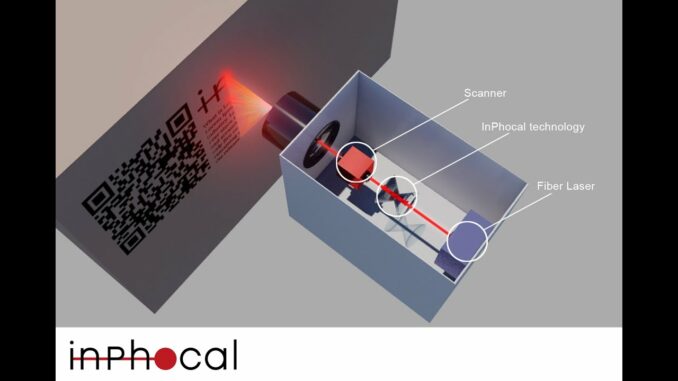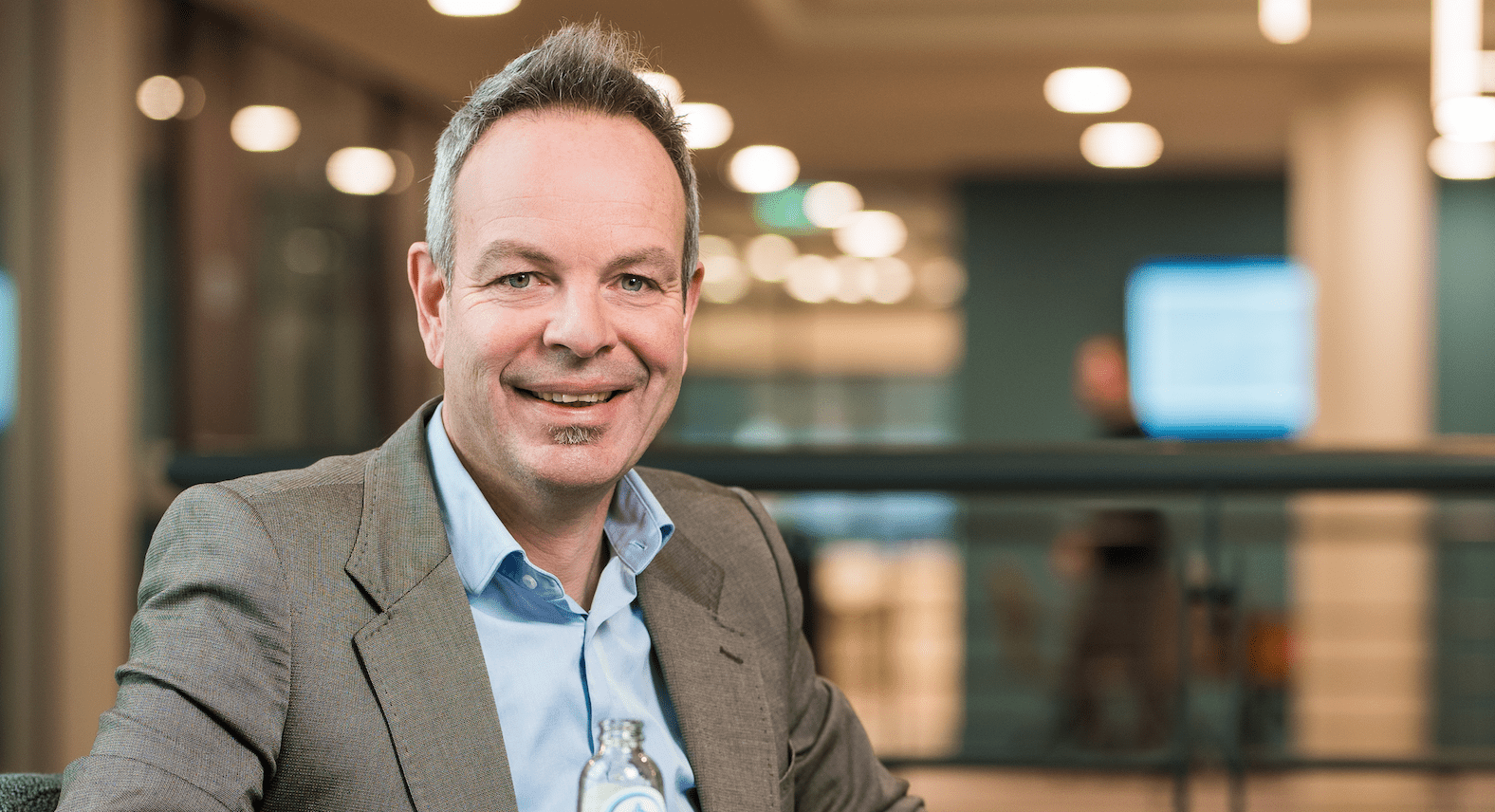
About Pharmi
- Founders: Claudia Rijcken
- Founded in: 2019
- Employees: 9
- Money raised: 2,200,000 euros raised from venture capital
- Ultimate goal: Provide every pharmacist with digital pharmaceutical healthcare services to improve patients use of medication
The jury of the Gerard and Anton Awards 2022 was very impressed with start-up Pharmi. They described the goals as ambitious and soundly underpinned. For founder Claudia Rijcken, however, the winning of the award came as a surprise. “We saw so many great initiatives around us, so we are all the more proud to have won an award. There’s nothing more gratifying than having your work seen as something innovative.”
The Pharmi platform was established in 2019 after Rijcken wrote a book about the future of pharmaceutical care. After years of working in the industry, the entrepreneur developed a vision for healthcare. According to her, guidance on medications should be done more often through digital platforms in order to free up more time for the much-needed healthcare tasks that people have to attend to. And that did not go unnoticed: at a conference, she was approached by the partner of a CEO of a commonly used app in the healthcare sector. Whether she might be willing to borrow this platform to put it into practice? Before long, two pharmacies joined as customers. Later, the platform was renamed MedicijnWijs, a self-developed platform by Pharmi. Rijcken talks more about that in this instalment of start-up of the day.

What makes your platform so important?
“The main problem is that there are fewer and fewer pharmacy employees who can provide all the proper care and explanations for the use of medication. The healthcare sector has been under pressure for quite some time now, and that can come at the expense of quality. With the advent of Pharmi, healthcare workers don’t have to spend as much time on practical matters such as explaining how medications work. Many patients feel like they can’t see the forest for the trees, and pharmacists or doctors often don’t have enough time to explain everything properly.
Thanks to MedicijnWijs, healthcare workers need less time for simple explanations about medications or have tools to more easily facilitate complex guidance such as the phasing out of medications. We want to digitalize healthcare where we can, so that more time is left for paying proper attention to the patient. If you’ve just been told you have a disease, all the details of proper medicinal use don’t always register. Then you want to be able to easily read all about it and in a measured way later on.”
Which problem are you trying to solve?
People are growing older and older. But the older you are, the more often you will fall ill or for a longer amount of time and as such, need more care. The fact that we are getting older is mainly due to improved medicines. Better medicines sometimes also sometimes mean more severe side effects so it is important that people are properly informed about these. This, in turn, prevents the occurrence of more preventable medical treatment. At least 40,000 people per year end up in hospital unnecessarily because of avoidable errors in medicine use.”
So you are also targeting older people. Are they keen on receiving digital healthcare?
“Our app is currently being used by roughly 8,000 people, many of whom are between the ages of 60 and 75. They seem to really appreciate this form of digital guidance. These are people who have a while to live still and are fairly used to using digital devices. Moreover, they often have time to figure out and understand how their medications work. Although it is true that patients over the age of 80 tend to have a bit more difficulty with the app.”
What is innovative about the app?
“You have access to various types of information formats about a medication. You can find it in a text format, in a video format or even in a conversational form with a digital pharmacist. The digital pharmacist is a conversational AI (artificial intelligence) and, acting as an empathetic chatbot, can be a godsend for people who cannot read and/or write. The app also offers patients digital motivational coaching, which means, for example, you will receive a compliment if you quit smoking for five days with the help of medication. You then also get to see how much money and time in terms of lifespan you will have saved by doing that.
The app also has the ability to answer questions related to your well-being, which allows pharmacists to better guide you as a patient in your home situation from a distance. The app relies on data analysis. Through this data, medicinal use can be optimized even more. At the moment, we mainly see how the app is being used but in the future you can also see, for example, whether or not there are any side effects and how effective the medicine is. Fewer mistakes will be made that way.”

Who are you offering MedicineWise to?
“Community pharmacists, pharmaceutical home healthcare organizations and hospital outpatient pharmacies are currently working with MedicijnWijs. They pay a fee to be able to use our platform. The service for patients is free and included with their medication. We are working towards the technology being reimbursed even further. In the future, we also expect to be able to offer several modules to, for instance, the GGZ municipal healthcare services, dentists and psychiatric care. We have also started a pilot in Belgium and want to offer the platform to other countries in Europe in the near future. In any case, it is technically scalable in that direction.”
What are your greatest challenges?
“In terms of technological developments, the thing we need to tweak the most is our digital pharmacist. In healthcare, you have to be absolutely sure that this gives the right answer and doesn’t accidentally say something about another medication. That takes time and you have to pay close attention to safety and precision. Achieving that kind of accuracy using artificial intelligence is still a challenge.”
“Beyond that, the healthcare system does face a number of hurdles. This is because it’s not just a platform that we are integrating, but a whole new way of providing healthcare. That transformation is moving at a very slow pace. You notice that priorities frequently tend to lie elsewhere. It also takes a fair amount of software capacity to connect this platform to existing systems. Finding people who can actually build all of it is proving to be quite a challenge. Also, being reimbursed for our solution is often still difficult. We do get a lot of praise from health insurers, but appreciation alone is not enough to make it a reality. We are very happy with the sum we have managed to raise so far, but building an entire platform in an innovative way is by no means an inexpensive small project.”








